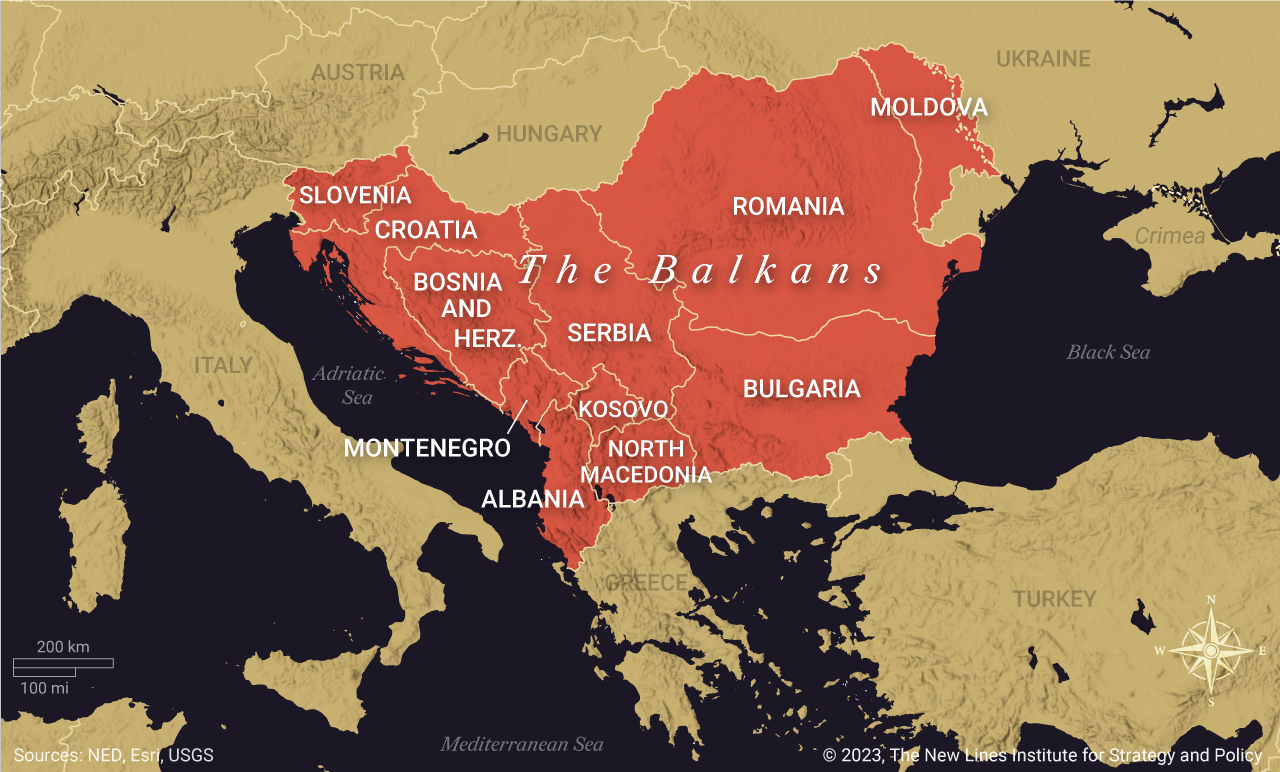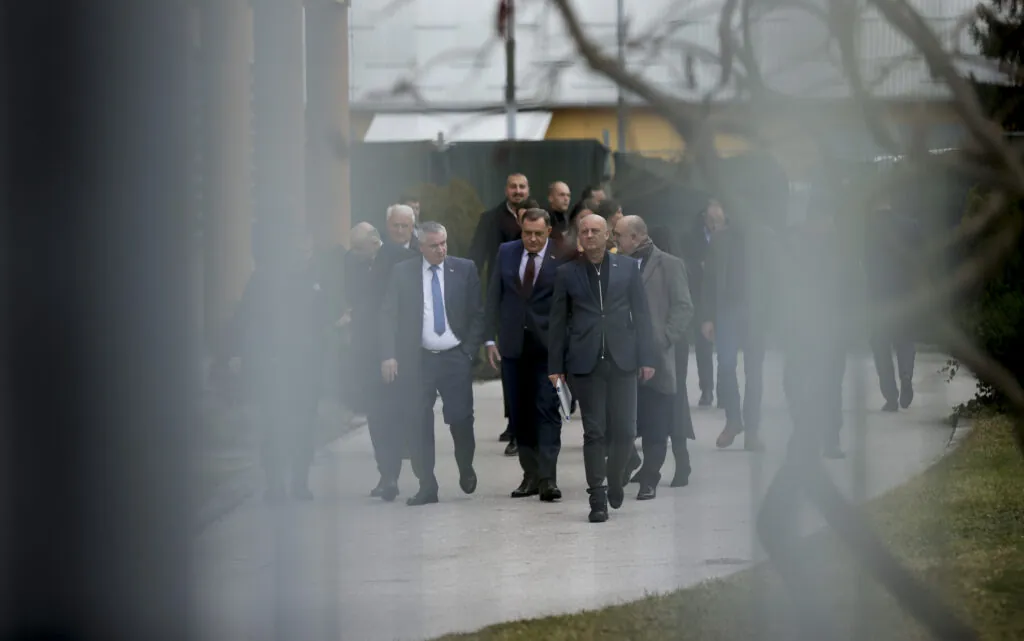
Western Balkans 2023: Assessment of Internal Challenges and External Threats
Foreword
It has been 28 years since the Dayton Accords were signed, and the Western Balkans are inching closer than ever to a return to the political violence, ethnic cleansing, and mass migration that plagued the region following the dissolution of the Yugoslav Federation. Policymakers in Brussels and Washington, who once played a pivotal role in brokering and implementing peace deals in the Balkans, have had their attention diverted to new and looming crises, from Ukraine to Taiwan.
Clashes in Kosovo this summer left dozens of NATO troops injured, while Serbia was rocked by the largest mass protest movement since the toppling of Slobodan Milošević in 2000. In Bosnia and Herzegovina, Serb leader Milorad Dodik has been actively threatening secession and criticizing the existing political structure as a “failed experiment.” Net migration out of the Western Balkans into the EU, which has already wreaked havoc on Balkans’ fragile economic situation for decades, is also poised to accelerate dramatically. The institutions that prevented a return to the bloody conflicts of the 1990s are failing, and it is time for a new initiative to identify solutions that will prevent new waves of mass migration, failing states on the EU’s doorstep, and power vacuums to be exploited by foreign adversaries.
For that reason, I am pleased to announce the launch of the New Lines Institute’s Western Balkans Observatory. The Observatory will draw on our expert roster of journalists, academics, and former policymakers to identify emerging crises in the Balkans and offer solutions for policymakers in Europe and the United States. Our first report features an all-star roster of analysts covering the Western Balkans from a variety of critical and understudied angles. We examine the troubling rise of the region’s far-right political parties, the simmering crisis between Kosovo and Serbia, and the influence of foreign actors seeking to exploit and magnify the region’s instability. We hope this report will spark a much needed conversation about how to turn the post-Dayton political situation into an enduring peace while there is still time to avert worse crises. You can look forward to regular publications from the New Lines Institute’s Western Balkans Observatory, and we hope to be a valuable resource to policymakers, analysts, and anyone looking for nuanced, on-the-ground insights about new and emerging political challenges in the region.
-Dr. Azeem Ibrahim OBE
The essays in this report were edited by Tanya Domi.
Read Kurt Bassuener’s essay here.
Read Ivana Stradner’s essay here.
Read Hikmet Karcic’s essay here.
Read Reuf Bajrović’s essay here.
Read Jasmin Mujanovic’s essay here.
Read Agon Maliqi’s essay here.
The views expressed in this article are those of the author and not an official policy or position of New Lines Institute.




